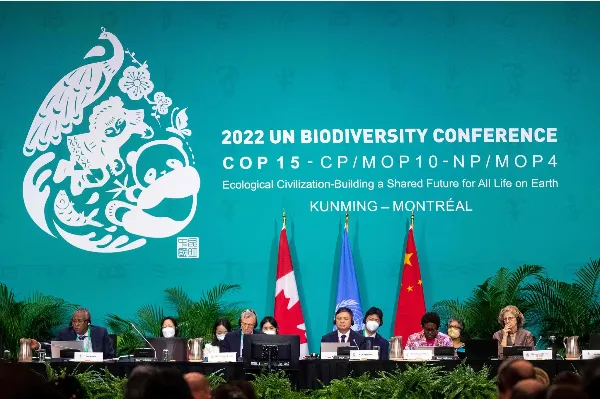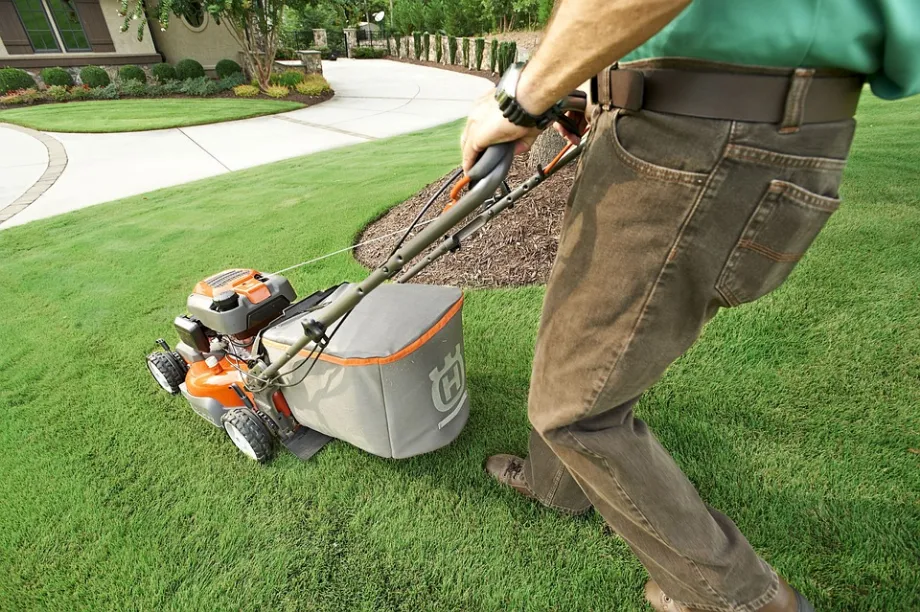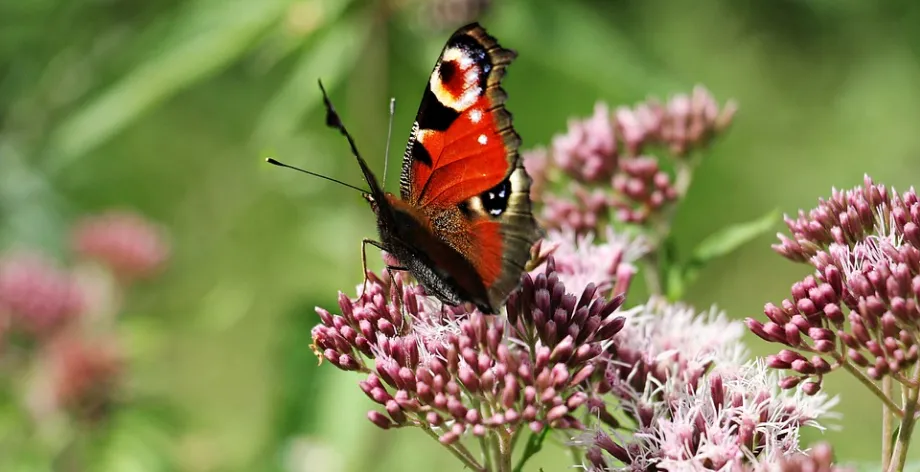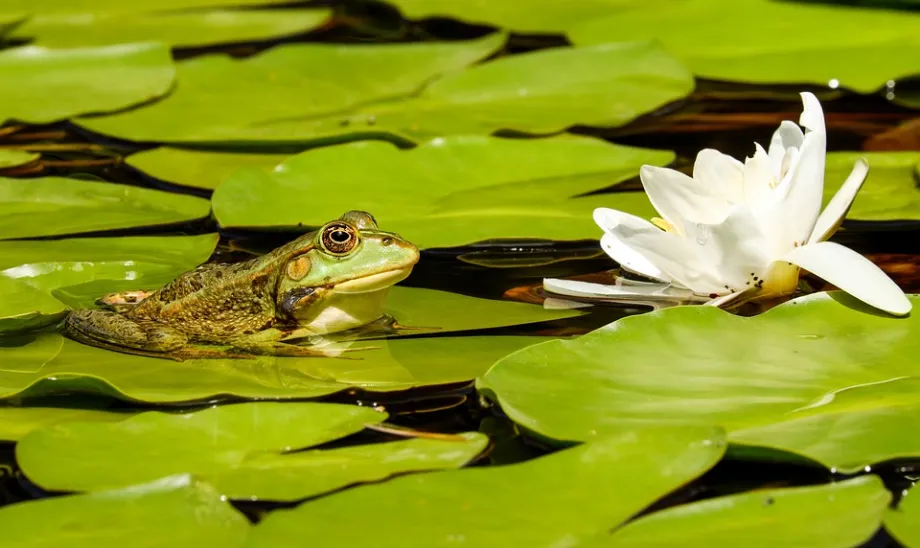Last night, at a United Nations summit on biodiversity, called COP15, the majority of the world's nations signed a landmark agreement to protect 30 per cent of the worlds landmass and oceans by 2030. This comes at a time when one million of the roughly eight million known species in the world is threatened by extinction, a rate never seen before in human history. In spite of its sweeping success of reaching an agreement in the first place, there has been considerable criticism whether the goals are realistic to achieve in such a short time frame, or regarding the financial and economic details to implement such a decision.
What Does It All Mean?
Now you may be jumping of joy that world leaders are actually coming together to save us from ecological disaster, or you may be more cynical, pointing at the myriad of previous such agreements, that were signed but later abandoned, modified, or simply turned out to be less effective than intended. If you ask me, all this doesn't matter too much. It's way more important what each of us does, in our own lives, to help biodiversity. The solutions are in fact ridiculously simple, but here I want to list a few of them again, just in case:
Don't Mow, Don't Rake, or if you must, Don't Do It Everywhere!
Okay, this goes for all those who have conventional lawns and park-like empty areas under their trees. Sure, you may enjoy seeing an expanse of short cropped grass, much like a soccer field or golf course, in front of your home. But is it really THAT necessary? Please keep in mind that not only does your lawn have its own maintenance costs, but it is actually more like a desert for any birds, insects, let alone the multitudes of soil dwelling species, who simply can't find a place to live there. The same goes for the Autumn chores of raking up all the leaves to burn them, or bag them up for someone else to do it. Those leaves would have done amazing work for the soil, starting with protecting it from the frost, providing shelter for creatures, all the way up to turning into nutritious topsoil.
I'm not saying you shouldn't have a lawn at all, after all it is nice to have a grassy area to kick the ball around. But leaving a few unmowed islands here and there, even tucked away in corners or behind bushes, will make a huge difference for local species. You will see this right away with the increase of butterflies, just by leaving a bit of space where their favorite plants can grow. As for the leaves, again, it's okay if you want to have some leafless areas. But keeping some areas covered with leaves, especially around trees, is bound to make your place more alive with creatures of various types.
Plant Natives in and Around Your Garden!
There is a good reason why certain species are native to an area: they've evolved together with the place and each other, to maintain ecological balance. Each of them has their own series of contributions, which could fill books on each of them. Of course it is best to become familiar with native species, if we are occupying their space after all, but what's more important is letting them thrive and just do their thing. By doing so you will ultimately invite other native species to live with what they are most familiar with.
This can start as small as a garden bed. Wild flowers and other "weeds" will bring in pollinators that the rest of your garden will also benefit from. These in turn bring in their predators, who will most probably also decimate your "pests" a bit. So everyone will benefit. If you want, you can extend it to bushes or even native tree species. If you go out to your local wilderness, you'll be able to observe these plants in their own habitat, check out who they love to team up with, so you can design your native area accordingly. Or, you could just lean back and let nature take its course. The result should be pretty similar.
Build a Pond!
One of the most certain ways to invite many different creatures to your place is by offering them the one most important thing in life: water! We're all made of water, so this constitutes a need that perhaps surpasses all others. No matter if you're an insect, a bird, a mammal, or a plant, you will need to drink. For this reason, a pond is bound to bring everyone together who gets thirsty, and then some. So building a pond is a great idea. Just make sure to keep some things in mind:
- Give good access to all creatures, big and small! Some need a steeper shore, others require a very shallow one. Some prefer to hide between reeds or other plants, others like a sandy beach, still others love to hide between pebbles or sun themselves on larger rocks. Your pond should cater to all!
- Make sure the size is right. In the winter you don't want all the water to turn to ice, so having a large volume with a good depth is essential. In the summer evaporation can be an issue, so having a shady part is also pretty important.
- Many species will come at free will, but others need to be brought in. There is always a chance that a remote pond in the desert will have fish in it some day... but it's way easier to just introduce them. Make sure they are the right type who will appreciate your pond, and once they've started reproducing, as well as being eaten by others, you can proudly claim you've created fish habitat.
Be Your Own Biodiversity Resolution!
Whether you just leave a small "butterfly patch" in your otherwise close cropped lawn, or if you build a decent pond that migratory birds will start using as a pit-stop, you will have done your part in stepping up to counter our currently ongoing Great Extinction of the Anthropocene. In this case, you can really lean back and celebrate, because no matter what the actual outcome of the COP15 will be, local creatures will have a bit of a sanctuary in your place. And that deserves recognition!



